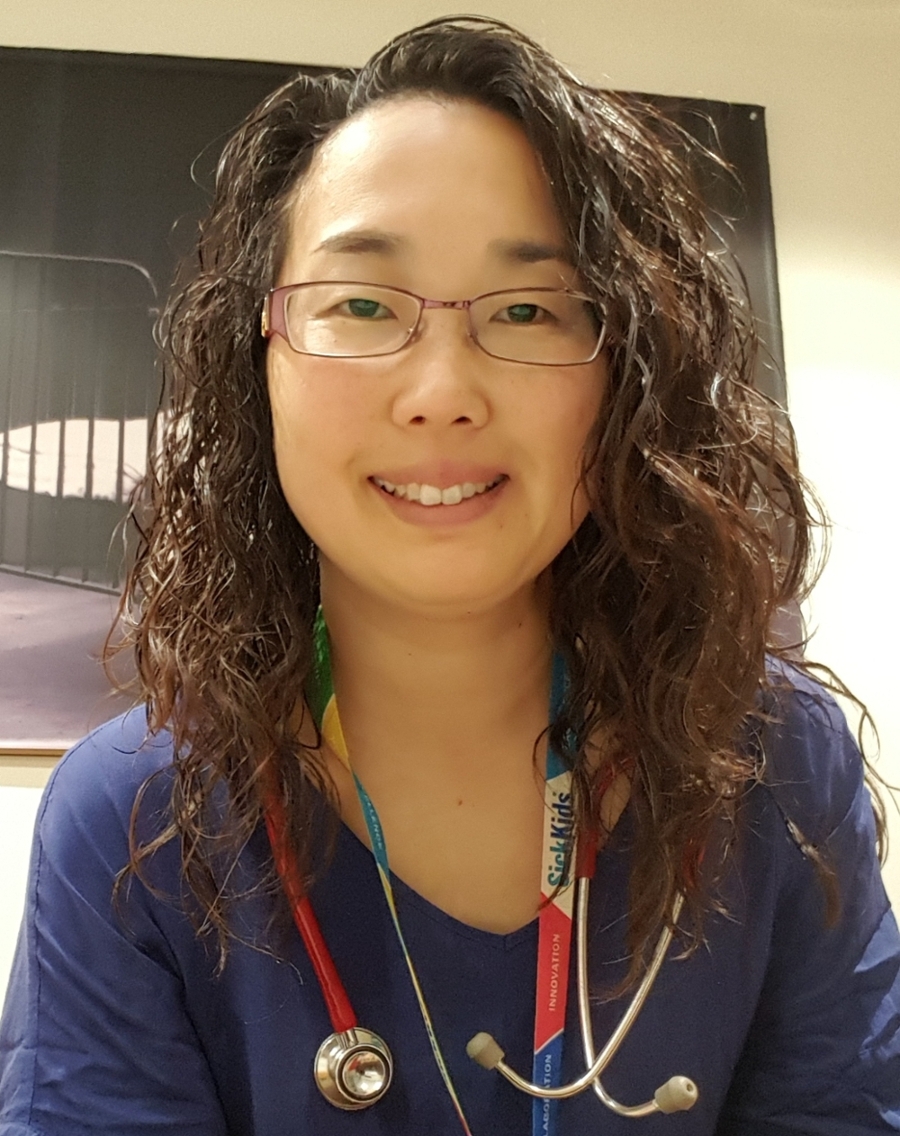
Mika Nonoyama, PhD, RRT, FCSRT
Associate Professor
Registered Respiratory Therapist
Faculty of Health Sciences
Registered Respiratory Therapist
Faculty of Health Sciences
Dr. Nonoyama’s research focuses on Respiratory Therapy (RT), specifically respiratory disease management across all age groups, and promotion of RT scholarly practices.
Full biography
Dr. Mika Nonoyama’s research program is in respiratory therapy, specifically, respiratory disease management across all age groups. Programs across the whole health-care continuum are needed to improve prevention; provide effective management; and supply alternative, consistent models of service delivery for those living with respiratory-related diseases and disorders. Dr. Nonoyama is involved with several different research areas to help address these issues. First, she is invested in optimizing the quality of health-care services for individuals affected by long-term respiratory failure and use of prolonged or long-term mechanical ventilation. Secondly, she is a Health Clinician Scientist at SickKids, researching innovative approaches to paediatric respiratory therapy. Finally, she has an interest in the management of chronic respiratory disease, including rehabilitation and exercise. The goals for her research are to gather information and understand, develop and evaluate effective respiratory therapies to help individuals affected by respiratory related diseases and disorders across their life span. Dr. Nonoyama is a registered respiratory therapist with a PhD in the Rehabilitation Science Institute from the University of Toronto. She completed post-doctoral fellowships at Toronto Rehabilitation Institute and the University of Toronto's Lawrence S. Bloomberg Faculty of Nursing. She is currently an Assistant Professor in the Faculty of Health Sciences at the University of Ontario Institute of Technology; she holds a status-only Associate Professor position in the Department of Physical Therapy and Rehabilitation Sciences Institute at the University of Toronto, and a Health Clinician Scientist position at SickKids in the Respiratory Therapy Department and Clinical Health Evaluative Sciences. She volunteers for many organizations, including the Ontario and Canadian Lung Associations and the Respiratory Therapy Society of Ontario.
Areas of expertise
Courses
- HLSC 3910UResearch Methods for Health Care Professionals: Theory and ApplicationThis course will critically examine a variety of research theories and methodologies employed by both quantitative and qualitative allied health care researchers. The student will be able to critically examine, interpret, analyze and apply findings from published research reports from both human and nonhuman investigations conducted in a variety of laboratory, clinical and community-based research settings. The course will critically examine how published research reports are utilized as the basis for evidence-based practice. Students will have an opportunity to engage in hands-on quantitative and qualitative research experiences including formulating research questions, research design, data collection, database management and coding, interpretation of findings, and their implications for practice.
- HLSC 4998UResearch Practicum IThe research practicum project provides students with the opportunity, with the guidance of a faculty member, to integrate and synthesize knowledge gained throughout their program of study. The project topic will be selected to include some aspects of the student’s area of interest or specialization. Students will work with an ongoing research team working alongside researchers in implementing a phase of their research project. The requirements include a written paper and an oral presentation of the project outcomes. Students registered in this course must register in HLSC 4999U to receive a grade.
- HLSC 4807UPerspectives in AgingThis course integrates perspectives on the physiology, psychology and sociology of aging so that students can understand the implications of an aging population on Canadian society and the Canadian health care system. A life-course approach is taken to understand the key health issues and health behaviours associated with healthy aging. Unique determinants of health and health outcomes of different age groups are discussed.
- HLSC 5122GSuccessful AgingThe purpose of this course is to study successful (healthy) ageing from a biopsychosocial perspective. Students will gain an in-depth understanding of how successful ageing is defined, what the potential and established lifelong predictors of successful ageing are, and what tools or methodologies are currently available to assess successful ageing. An emphasis of this course will be on lifestyle and behavioral predictors such as physical activity; however, student projects can focus on other potential predictors. The most current research from a variety of disciplines will be used to ensure a broad understanding of the topic as it affects middle-aged and older adults.
Education
- PhDRehabilitation Sciences Institute, University of Toronto, Toronto, Ontario
- Respiratory Therapy DiplomaThe Michener Institute of Education at UHN, Toronto, Ontario


